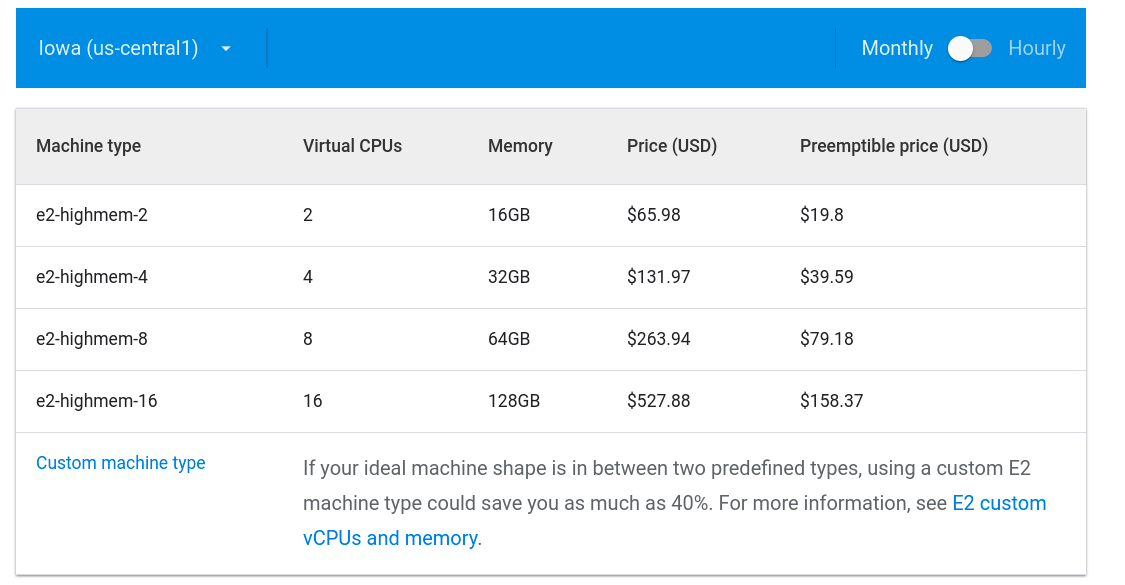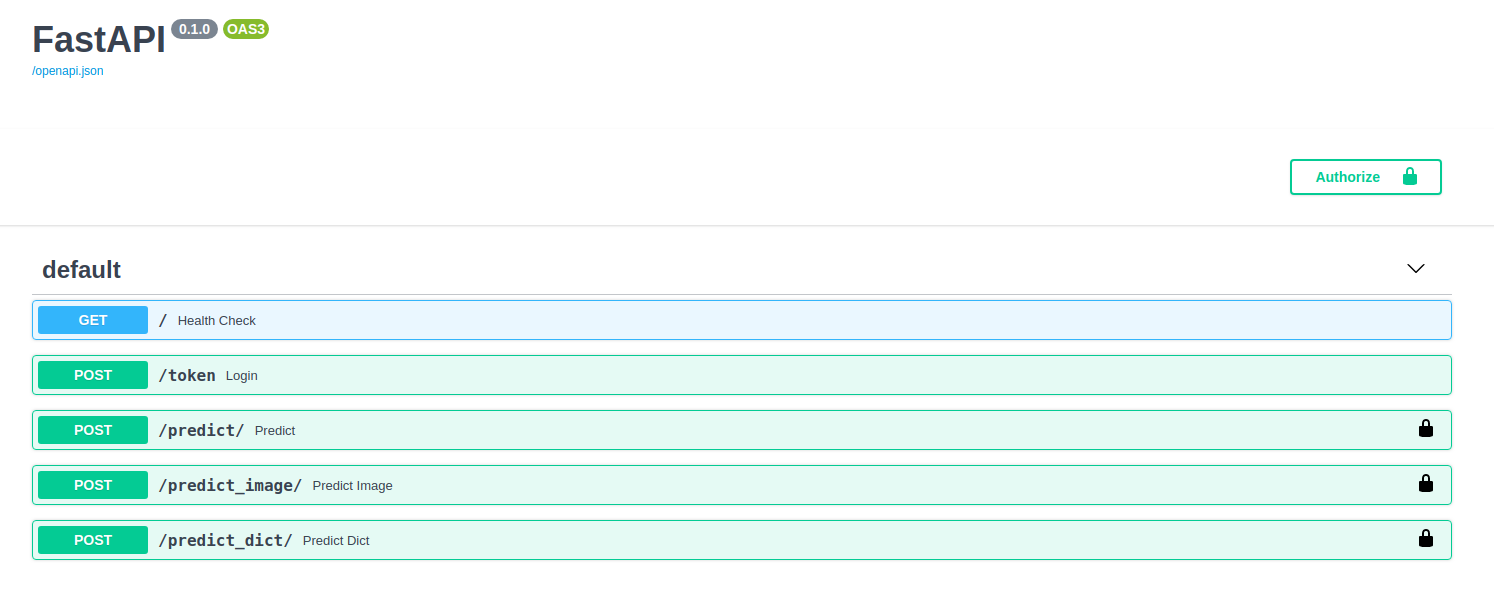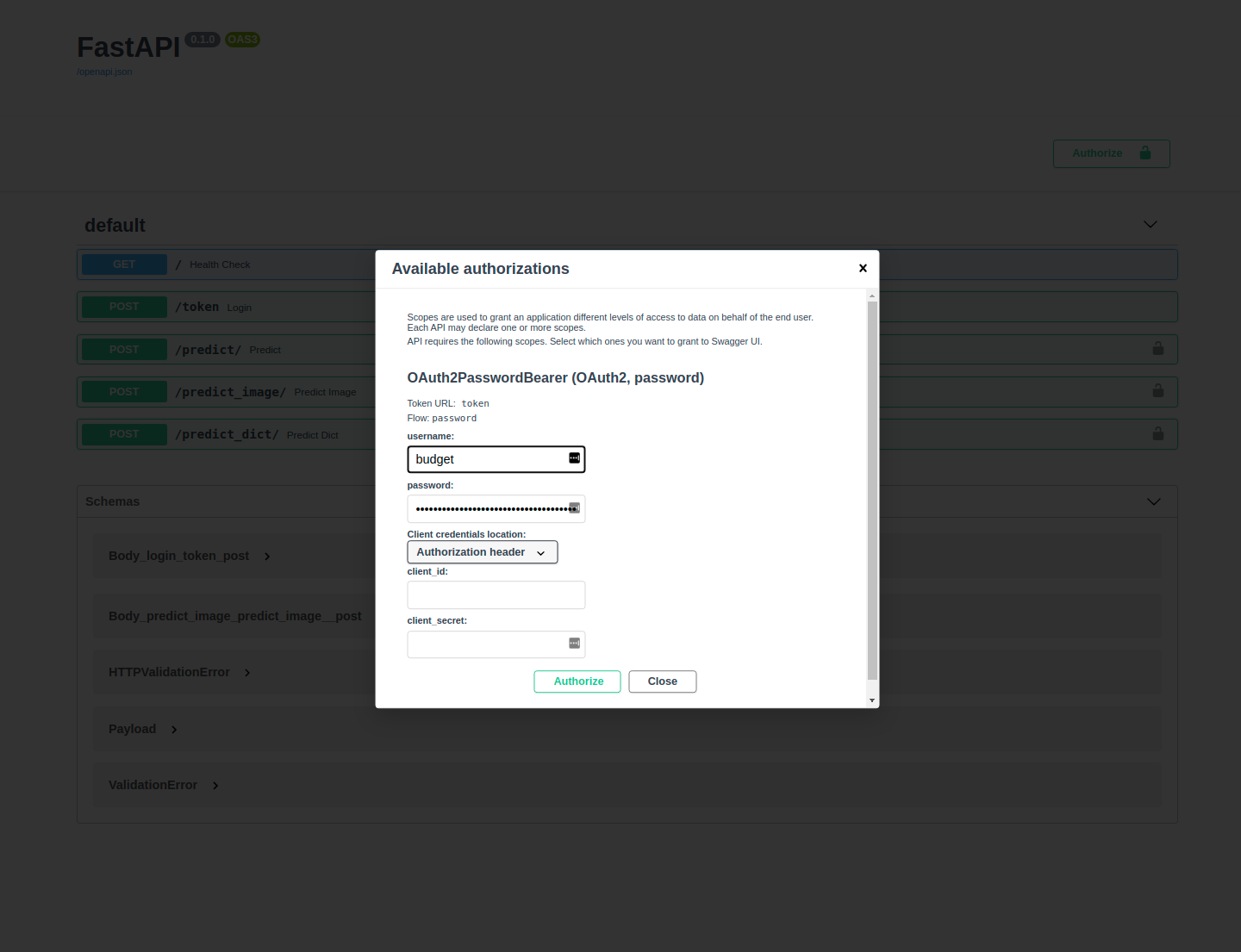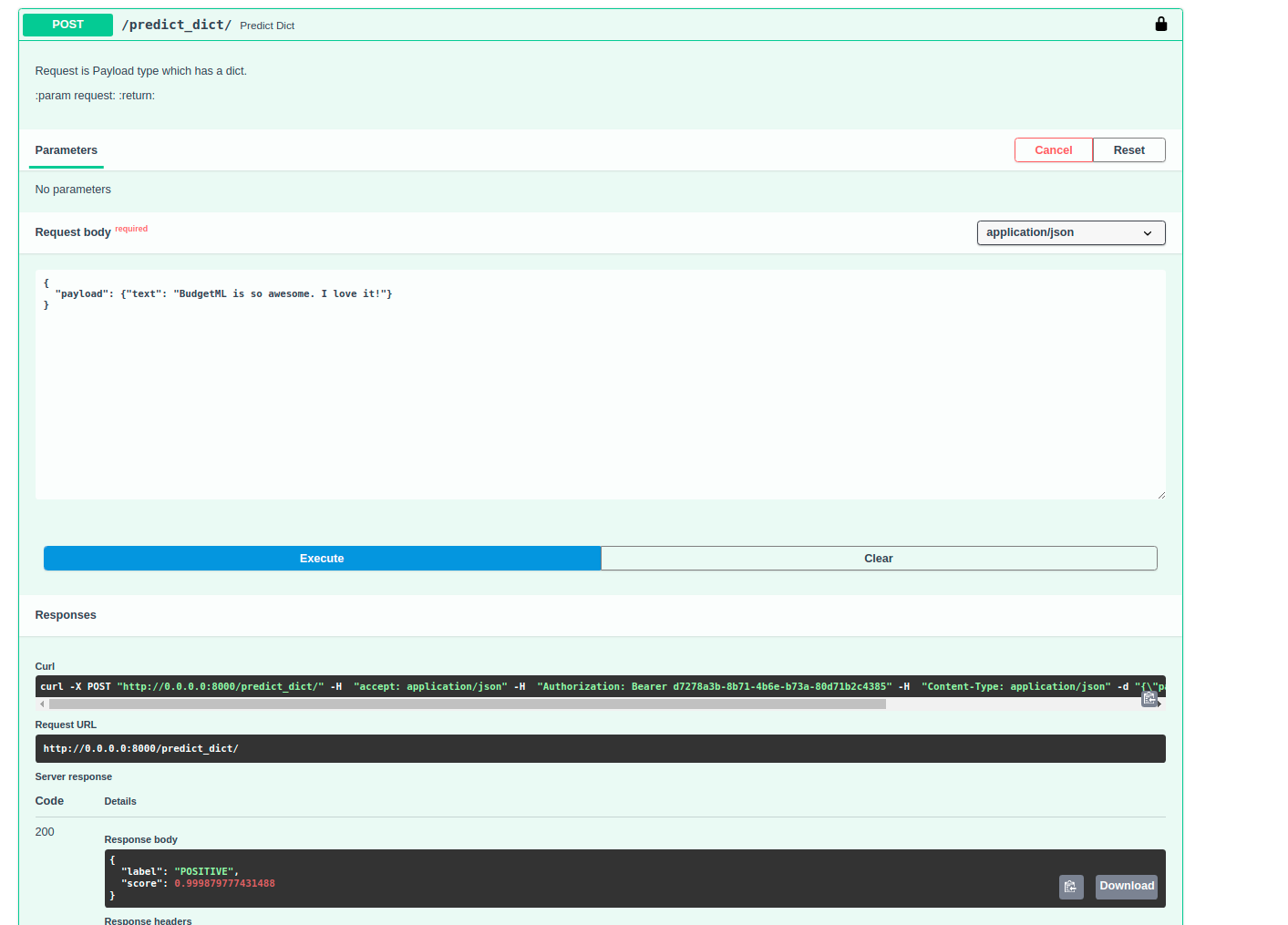BudgetML: Deploy ML models on a budget
BudgetML is perfect for practitioners who would like to quickly deploy their models to an endpoint, but not waste a lot of time, money, and effort trying to figure out how to do this end-to-end.
We built BudgetML because it's hard to find a simple way to get a model in production fast and cheaply.
- Cloud functions are limited in memory and cost a lot at scale.
- Kubernetes clusters are an overkill for one single model.
- Deploying from scratch involves learning too many different concepts like SSL certificate generation, Docker, REST, Uvicorn/Gunicorn, backend servers etc., that are simply not within the scope of a typical data scientist.
BudgetML is our answer to this challenge. It is supposed to be fast, easy, and developer-friendly. It is by no means meant to be used in a full-fledged production-ready setup. It is simply a means to get a server up and running as fast as possible with the lowest costs possible.
BudgetML lets you deploy your model on a Google Cloud Platform preemptible instance (which is ~80% cheaper than a regular instance) with a secured HTTPS API endpoint. The tool sets it up in a way that the instance autostarts when it shuts down (at least once every 24 hours) with only a few minutes of downtime. BudgetML ensures the cheapest possible API endpoint with the lowest possible downtime.
Key Features
- Automatic FastAPI server endpoint generation (its faster than Flask).
- Fully interactive docs via Swagger.
- Built-in SSL certificate generation via LetsEncrypt and docker-swag.
- Uses cheap preemtible instances but has 99% uptime!
- Complete OAuth2 secured endpoints with Password and Bearer pattern.
Cost comparison
BudgetML uses Google Cloud Preemptible instances under-the-hood to reduce costs by 80%. This can potentially mean hundreds of dollars worth of savings. Here is a screenshot of the e2-highmem GCP series, which is regular family of instances to be using for memory intense tasks like ML model inference functions. See the following price comparison (as of Jan 31, 2021 [source])

Even with the lowest machine_type, there is a $46/month savings, and with the highest configuration this is $370/month savings!
Installation
BudgetML is available for easy installation into your environment via PyPI:
pip install budgetml
Alternatively, if you’re feeling brave, feel free to install the bleeding edge:
NOTE: Do so on your own risk, no guarantees given!
pip install git+https://github.com/ebhy/budgetml.git@main --upgrade
Quickstart
BudgetML aims for as simple a process as possible. First set up a predictor:
# predictor.py
class Predictor:
def load(self):
from transformers import pipeline
self.model = pipeline(task="sentiment-analysis")
async def predict(self, request):
# We know we are going to use the `predict_dict` method, so we use
# the request.payload pattern
req = request.payload
return self.model(req["text"])[0]
Then launch it with a simple script:
# deploy.py
import budgetml
from predictor import Predictor
# add your GCP project name here.
budgetml = budgetml.BudgetML(project='GCP_PROJECT')
# launch endpoint
budgetml.launch(
Predictor,
domain="example.com",
subdomain="api",
static_ip="32.32.32.322",
machine_type="e2-medium",
requirements=['tensorflow==2.3.0', 'transformers'],
)
For a deeper dive, check out the detailed guide in the examples directory. For more information about the BudgetML API, refer to the docs.
Screenshots
Interactive docs to test endpoints. Support for Images.

Password-protected endpoints:

Simple prediction interface:

Projects using BudgetML
We are proud that BudgetML is actively being used in the following live products:
ZenML: For production scenarios
BudgetML is for users on a budget. If you're working in a more serious production environment, then consider using ZenML as the perfect open-source MLOPs framework for ML production needs. It does more than just deployments, and is more suited for professional workplaces.



